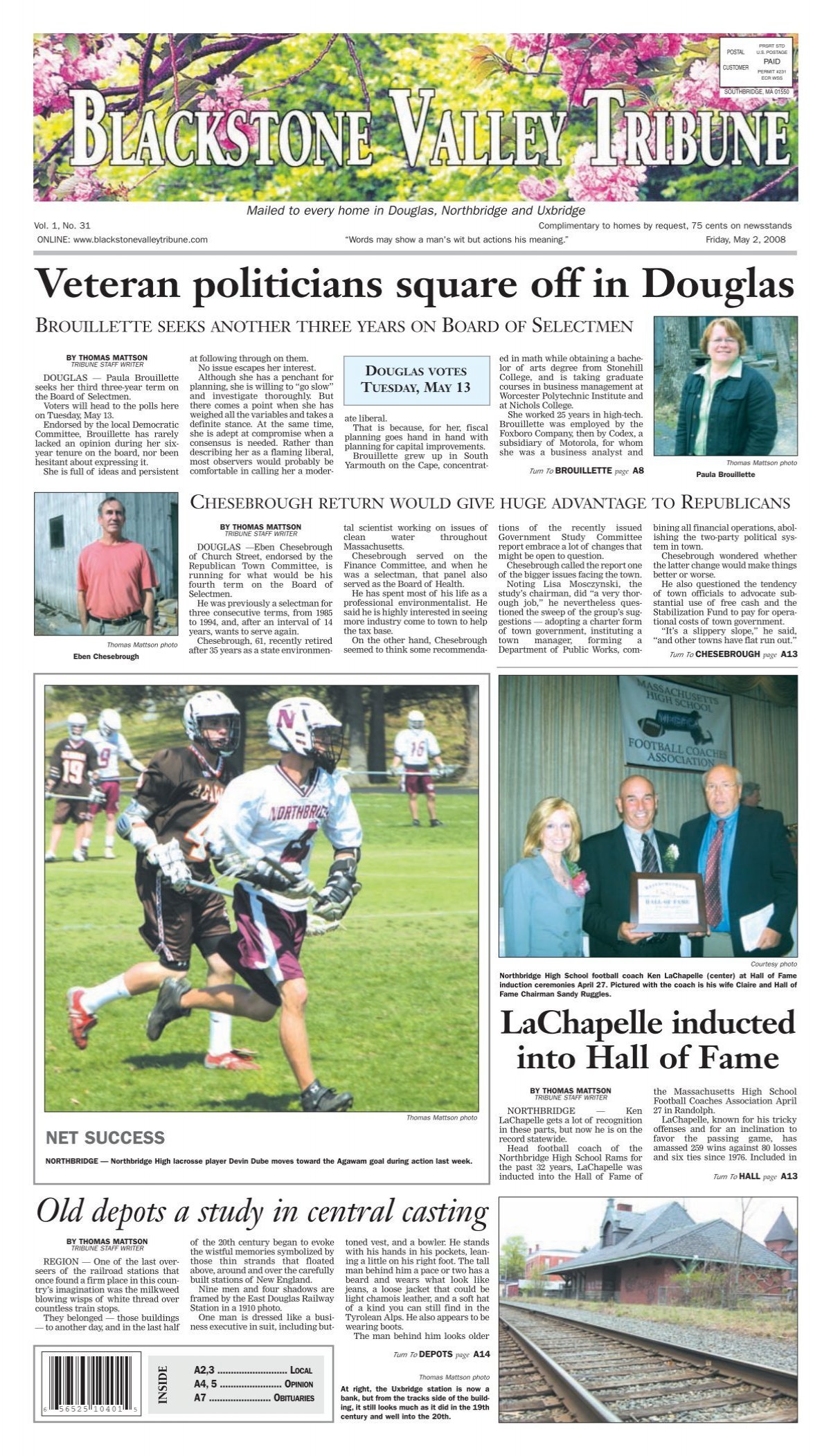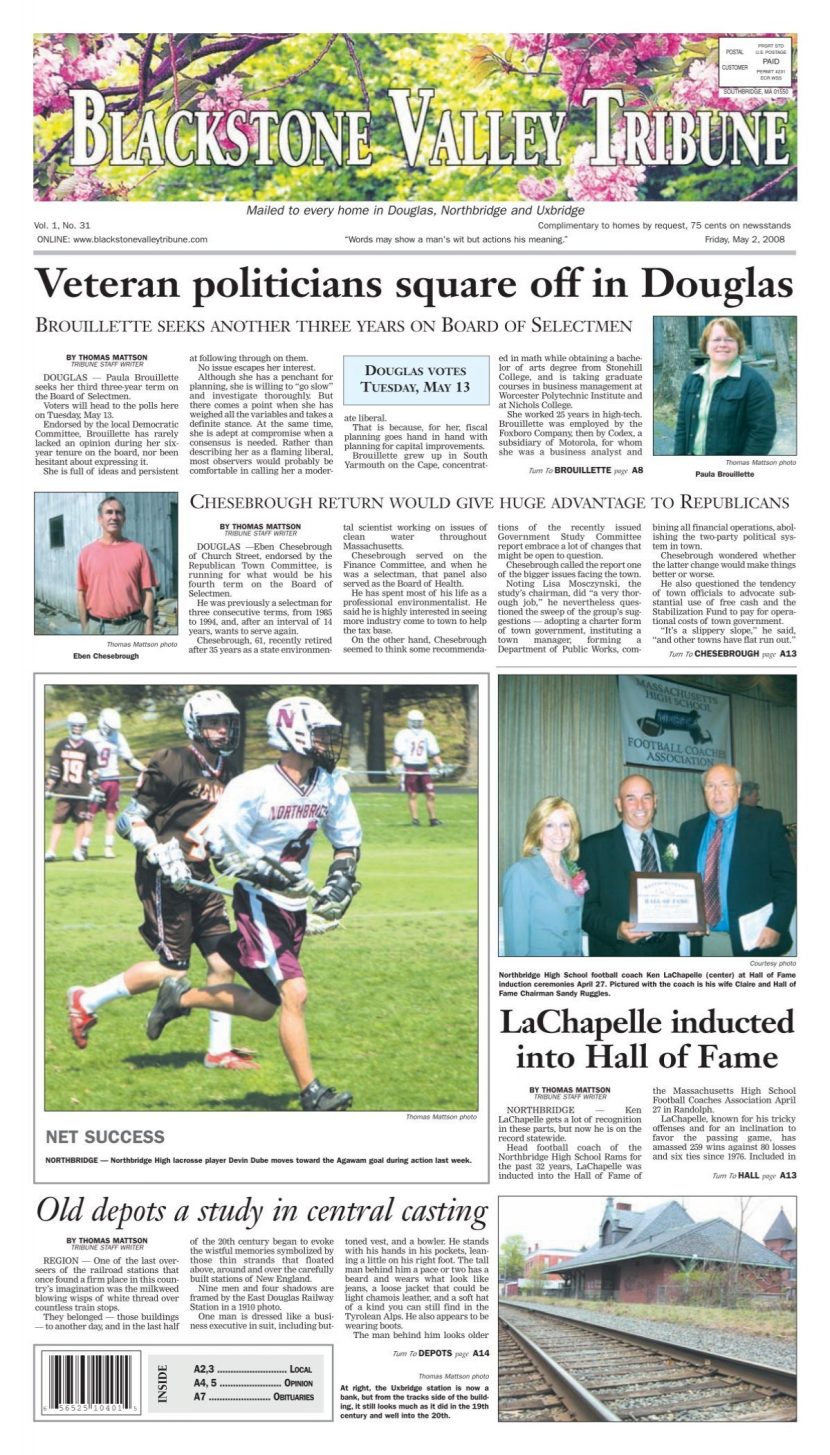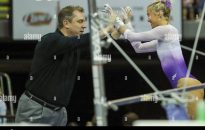I had an impactful episode of Power Athlete Radio featuring Olympian James Simpson. He provided an intriguing insight into the realm of wheelchair rugby. This sport, equally fierce and strategic as its able-bodied equivalent, requires not just physical stamina and strength but also remarkable accuracy and collaboration. Simpson detailed the meticulous strategy he employs to […]


I had an impactful episode of Power Athlete Radio featuring Olympian James Simpson. He provided an intriguing insight into the realm of wheelchair rugby. This sport, equally fierce and strategic as its able-bodied equivalent, requires not just physical stamina and strength but also remarkable accuracy and collaboration. Simpson detailed the meticulous strategy he employs to ready players for the quick-paced, responsive nature of the game, underlining the significance of mastering the wheelchair as an essential piece of gear.
A cornerstone of Simpson’s philosophy is to ensure players feel so at ease in their chairs that they forget about the equipment while playing. “The sole focus should be on the ball, the team ahead of you, and the strategy,” he stated. The chair transforms into an extension of the player, enabling them to concentrate entirely on the game.
This flawless integration necessitates extensive practice beyond the gym. While physical conditioning is crucial, a similar if not greater amount of time is spent maneuvering the chair. Players endlessly train on sprints, turns, and reactive movements to establish the muscle memory essential for elite competition. The aim is to make handling the chair as instinctive as walking, allowing players to respond to the game instantly without delay.
Wheelchair rugby embodies relentless intensity. Simpson illustrated a defensive scenario where players repeatedly advance four meters to thwart an adversary, execute a hit, pivot, retreat four meters to regain alignment, and launch forward once more – often repeating this cycle five or six times in swift succession.
“You must push with all your strength to deliver that hit, rotate, and return ready to go again,” Simpson stressed. The physical requirements are immense, demanding explosive power, speed, and stamina.
The training regimen mirrors these requirements, emphasizing the development of strength and endurance vital for repeated high-octane efforts. Players engage in reactive drills that simulate actual game scenarios, training their bodies and minds to instinctively respond to the ever-changing dynamics of the sport.
Wheelchair rugby is not just a physical confrontation – it’s a game of tactics and coordination. Simpson highlighted the significance of defensive synchronization, where every player must operate in harmony to maintain a strong formation. “All of you need to push forward together in sync, turning in unison,” he clarified.
Any slip in this united effort can create openings for the opposing team to take advantage of. The team’s success depends on every player’s capability to rapidly adapt to the fluctuating conditions on the court while staying aligned with their comrades. This demands not only technical expertise but also a profound comprehension of the game and an elevated level of trust among teammates.
Flexibility is central to Simpson’s coaching methodology. Wheelchair rugby is a dynamic field, with strategies evolving quickly and unexpectedly. Players must decipher the game, foresee the opposition’s actions, and modify their strategies on the go.
Simpson aims to embed this adaptability in his players by devising practice scenarios that replicate the tumult of an actual match. The goal is to equip athletes to handle any circumstance they might encounter, granting them the tools to make snap decisions under pressure.
James Simpson’s strategy for wheelchair rugby transcends mere strength and conditioning fundamentals. By concentrating on chair proficiency, physical readiness, and strategic collaboration, he prepares his players with the capabilities and confidence required to thrive in one of the most intense sports.
The outcome is a team functioning as a unified whole, capable of adjusting to any obstacles and performing at peak levels. As Simpson articulated, “You need to be so responsive and able to act without overthinking, so only what’s immediately in front of you matters.”
Wheelchair rugby is beyond just a sport – it’s a testament to the strength of flexibility, precision, and teamwork. Under Simpson’s mentorship, players evolve into not only stronger athletes but also more resilient individuals, prepared to confront any challenge directly.
To view more episodes of Power Athlete Radio click Here
To discover what Power Athlete can achieve for you click Here














